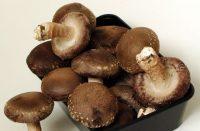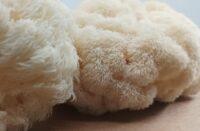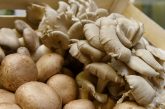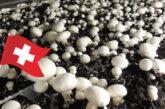There is a link between eating more mushrooms and a lower risk of developing cancer, according to a study by researchers at Penn State College of Medicine.
Next time you make a salad, it’s a good idea to add mushrooms. Why? Because a study at Penn State College of Medicine found a link between mushroom consumption and the risk of developing cancer – that is, if you eat more mushrooms, you’re less likely to develop cancer. The study was published in the scientific journal Advances in Nutrition.
The systematic review and meta-analysis examined seventeen cancer research studies published between 1966 and 2020. By analysing data from more than 19 500 cancer patients, the researchers found a link between mushroom consumption and cancer risk.
Mushrooms are rich in vitamins, nutrients and antioxidants. The team’s researches suggest that these superfoods may also protect against cancer. Although shiitake, oyster mushroom, maitake, and king oyster mushrooms contain higher levels of an amino acid called ergothioneine than white button and crimini mushrooms, or portobello, the researchers concluded that people who include any type of mushroom in their daily diet have a lower risk of cancer. They found that people who consumed 18 grams, or about 1/8 to 1/4 cup of mushrooms per day, had a 45% lower risk of developing cancer than people who did not eat mushrooms.
“Mushrooms are the main food source of ergothioneine, which has unique and powerful antioxidant and cell-protective effects,” said Djibril M. Ba, a graduate student in epidemiological studies at Penn State College of Medicine. Replenishing our bodies with antioxidants can help protect against oxidative stress and reduce the risk of cancer.
In studies of specific cancer types, the researchers observed the strongest association with breast cancer. Regular consumers of mushrooms had a significantly lower risk of breast cancer. Ba explains that this may be because most of the studies did not look at other types of cancer. Looking ahead, this research could help to further investigate the protective effects of mushrooms and help to develop healthier diets to prevent cancer.
“Taken together, these findings provide important evidence that mushrooms have an anti-cancer protective effect.” said co-author John Richie, a Penn State Cancer Institute researcher and professor of public health sciences and pharmacology. “Further studies are needed to pinpoint the mechanisms involved and the types of cancer that are affected by mushroom consumption.”
Source: https://news.psu.edu
Photo: Getty Images












